
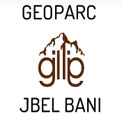

Curious Kids: why doesn’t lava melt the side of the volcano?
This is an article from Curious Kids, a series for children. The Conversation is asking kids to send in questions they’d like an expert to answer. All questions are welcome – serious, weird or wacky!
Does lava from an erupting volcano melt everything in its path? And why does lava not melt the sides of the volcano itself? - Liam, age 5, Ashwood.
Thank you, Liam, for asking these very interesting questions. I can see you are starting to think like a scientist.
The short answer is that while lava is hot, it’s not hot enough to melt the rocks on the side of or surrounding the volcano.
Most rocks have melting points higher than 700℃. Lava is between 700℃ and 1200℃ when it erupts but starts to cool as it slides down the side of the volcano. The air and the ground help cool it down. You only need 100℃ to boil water, so this is very, very hot.
So by the time it’s out of the volcano, lava is generally not quite hot enough to melt the rocks it flows over.
But lava flows can set fire to grass, bushes, and trees. And sometimes if houses are in the way, the lava flow will set fire to the wood that is in the houses. All that is left of the house is ash.
Most people in Australia don’t get to see lava - but if you do, it’ll be the hottest stuff you ever see in your life.
There is only one volcano in Australia where you can see lava. It’s called Big Ben. It is on Heard Island, a very long way west of Australia in the Indian Ocean.
Here’s a video of a scientist collecting some lava:
The lava from the Big Ben volcano flows down the sides of a mountain covered in snow and ice. And the lava melts the ice, which makes water. When the lava touches the water, it makes steam and explodes.
Here’s a photo I took of Big Ben erupting, during an expedition in early 2016:
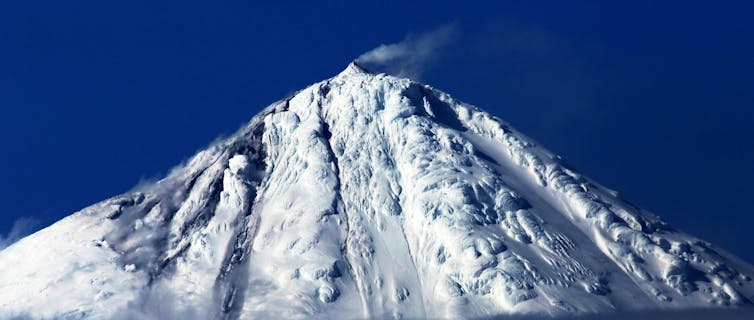
There are lots of places in Australia where old lava flows can be seen. These are now quite cool and it is safe to touch them.
They were flowing a very long time ago. You can visit old lava flows in Western Australia near the southwest coast at Bunbury, around Mount Gambier in South Australia, near Mount Leura in Victoria, along the northwest coast at Stanley in Tasmania, around Cooma in NSW, and at Undara in Queensland.
The First Australians would have seen some of these lava flows coming out of volcanoes and flowing over the ground. That must have been an amazing sight.
Publié le 11/01/2018
Source Web: theconversation
Les articles en relation

5 lacs incroyables sur Terre
5 lacs incroyables sur Terre Cette vidéo nous emmène à la découverte de cinq lacs tout à fait extraordinaires. Très salé, cachant des arbres, hostile à la vie où empli de
Savoir plus...
La métallogénie pour les nuls… Comment former un gisement?
La métallogénie pour les nuls… Comment former un gisement? C’est la question à laquelle doit répondre la métallogénie. Cette discipline est relativement récente dans les u
Savoir plus...
L’Anti-Atlas marocain
L’Anti-Atlas marocain L’Anti-Atlas marocain constitue le domaine structural majeur du Sud du Maroc (Figure I-3). Il s’agit d&rs
Savoir plus...
ORE DEPOSITS IN THE ANTI-ATLAS AND SUB-ATLAS REGIONS
ORE DEPOSITS IN THE ANTI-ATLAS AND SUB-ATLAS REGIONS The Anti-Atlas geological province is the host of a variety of ore deposits, ranging from Paléoprotérozoïque to Ordovician in age. These deposits are mainly Cu-A
Savoir plus...
Volcano crystals could make it easier to predict eruptions
Volcano crystals could make it easier to predict eruptions Predicting when a volcano is going to explode is a very difficult task. Every volcano has its own unique and complex maze of tunnels that feed magma to the surface. So even w
Savoir plus...Les tags en relation
Recherche du site
Recherche avancée / Spécifique
Géoparc et Recherche Scientifique
Le coins de l’étudiant
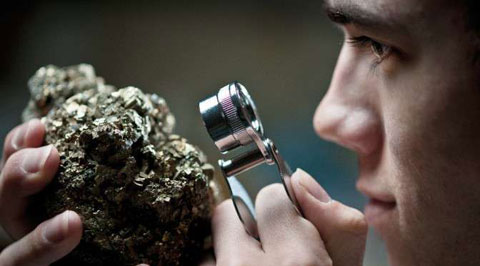

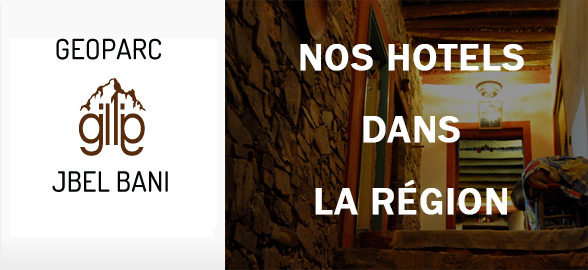
Blog Géoparc Jbel Bani
Dictionnaire scientifique
Plus de 123.000 mots scientifiques
Les publications
Géo parc Jbel Bani
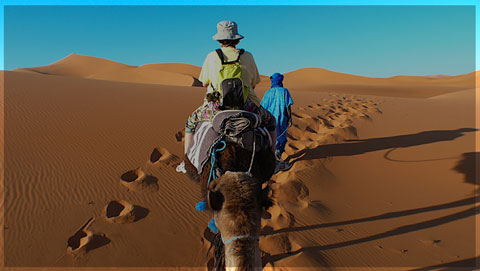
Circuits & excursions touristiques
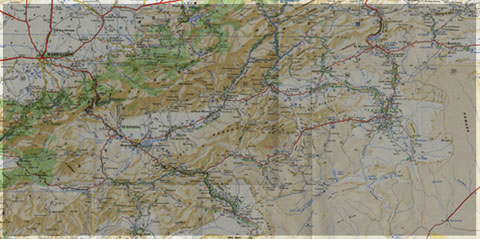
cartothéques
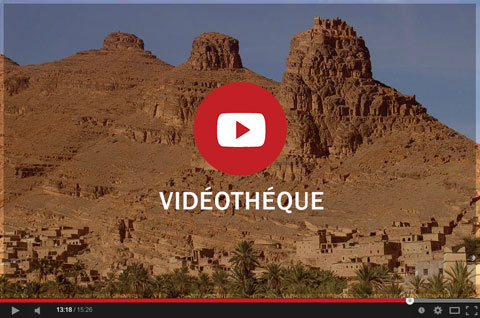
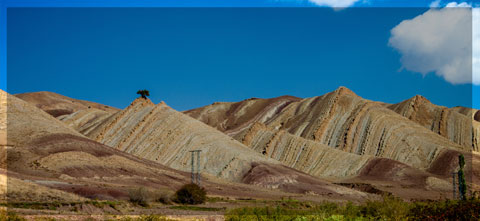
Photothéques
Publications & éditions



